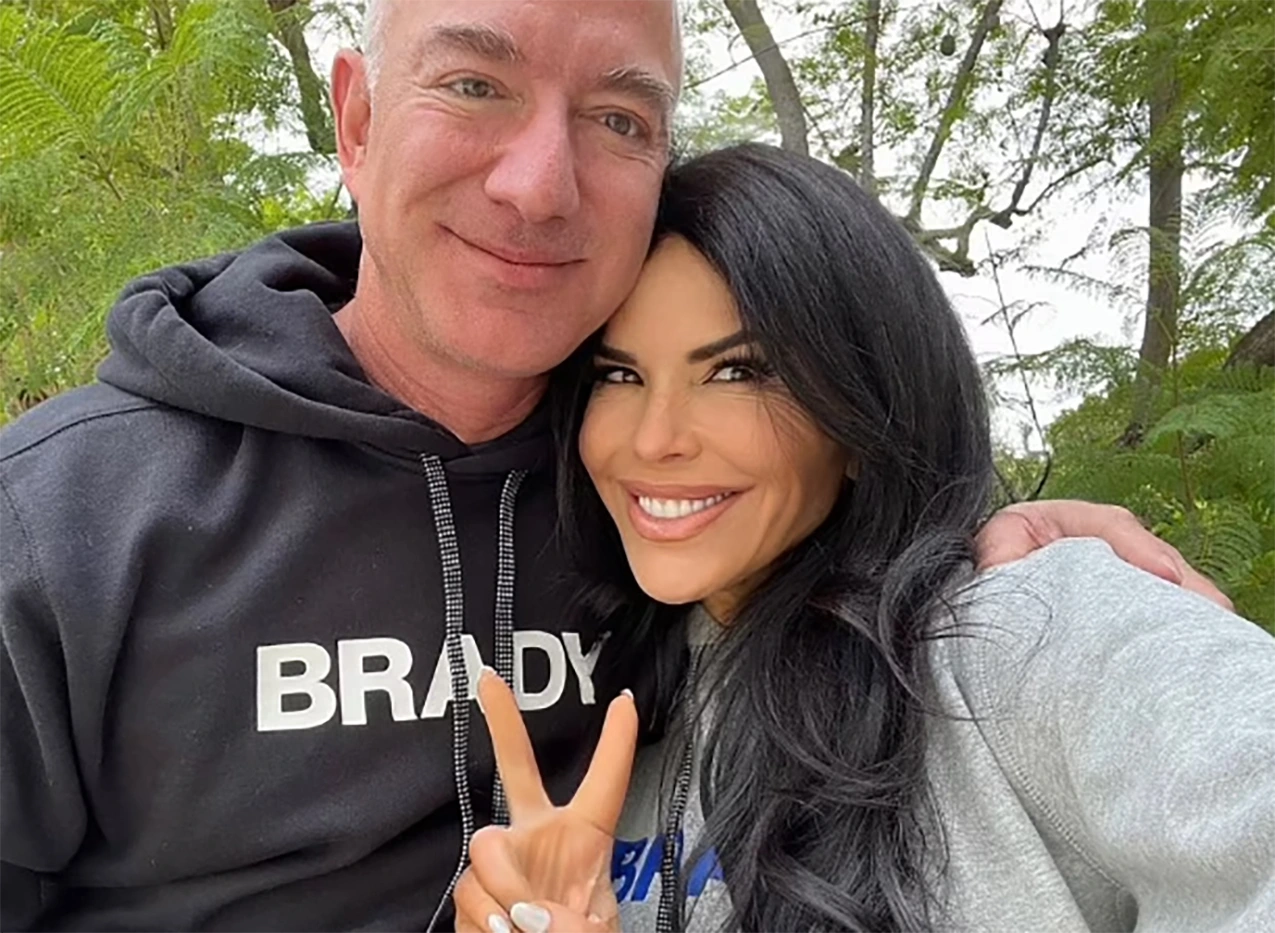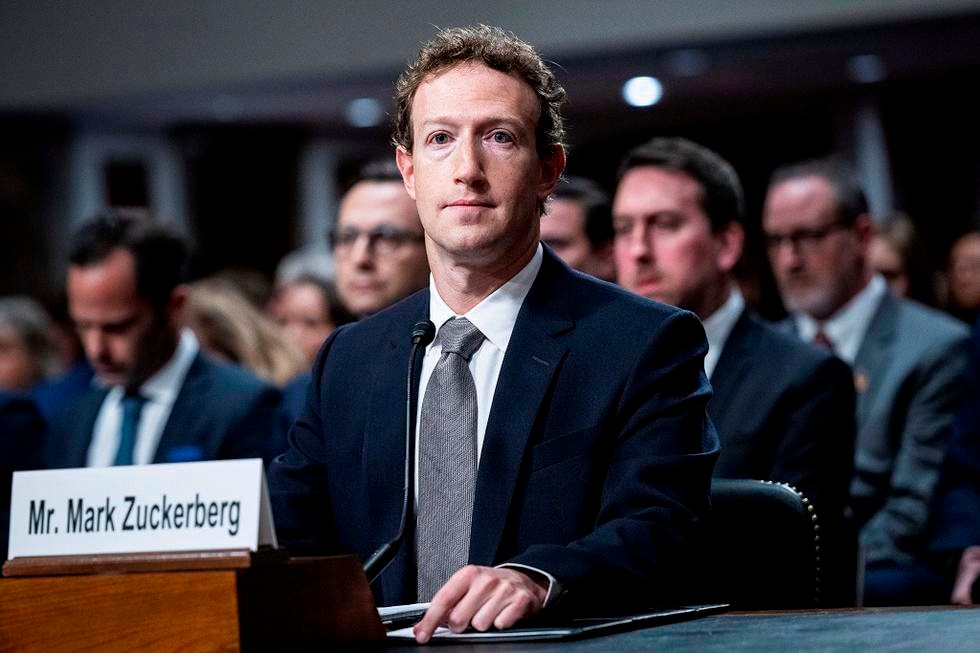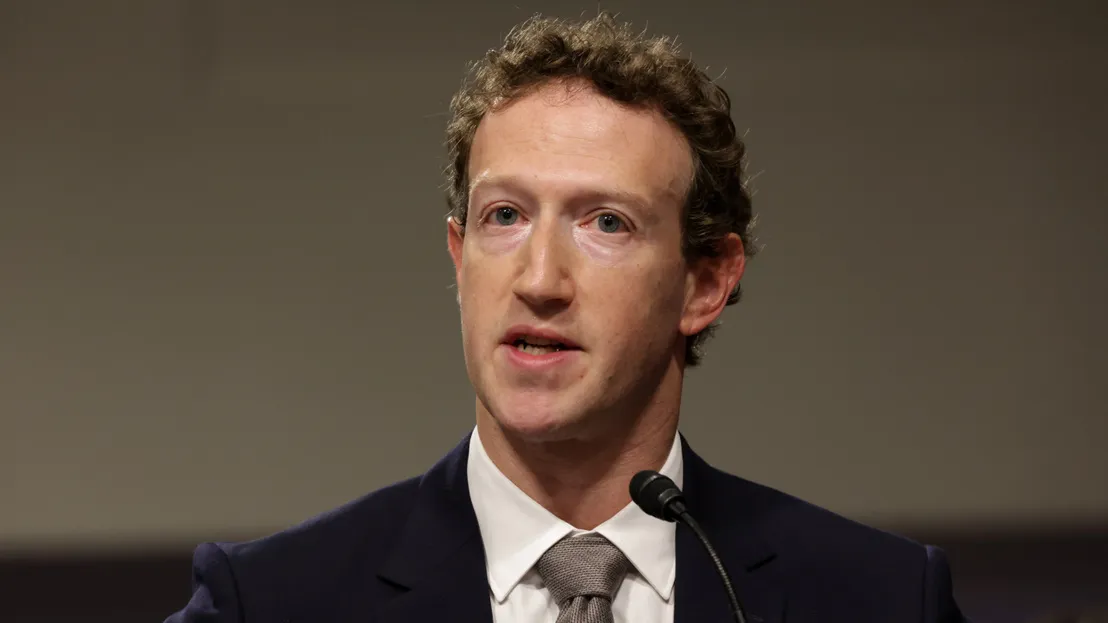
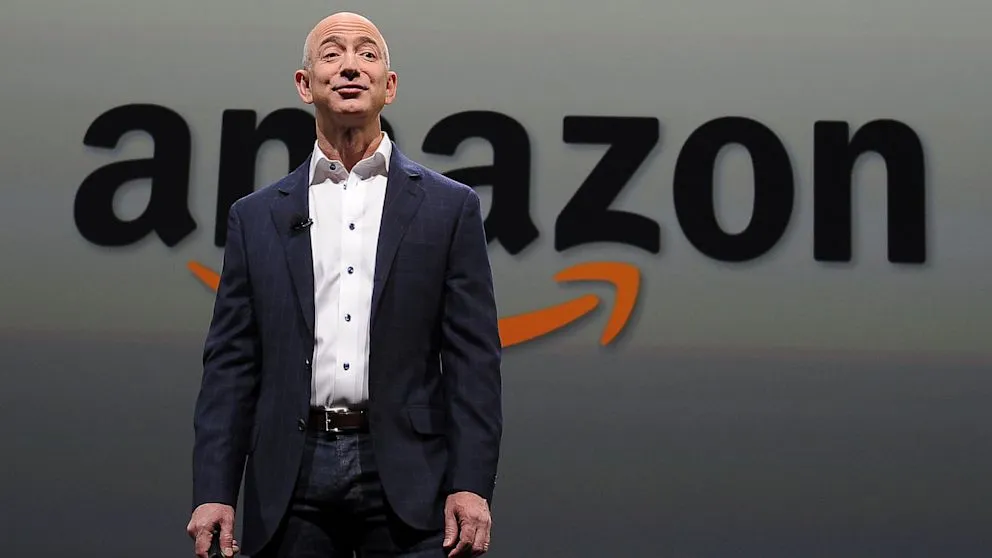
Despite Being a Billionaire, Jeff Bezos Boasts About His Small Amazon Salary
When people hear the name Jeff Bezos, the first thing that comes to mind is the word billionaire. As the founder of Amazon, the e-commerce giant that transformed global shopping habits, Bezos’s fortune has reached unimaginable heights. Yet, despite being one of the richest men on Earth, Bezos has repeatedly drawn attention for a rather surprising detail: his relatively small Amazon salary. While other CEOs often command multimillion-dollar annual paychecks, Bezos’s official salary during his tenure as Amazon’s CEO was modest, even modest by corporate standards. This contrast between his colossal net worth and his paycheck has become a frequent subject of fascination, debate, and even admiration.
The Reality of Jeff Bezos’s Amazon Salary
For years, Bezos’s base salary at Amazon was around $81,840 annually, a figure that seems shockingly low for someone leading one of the world’s most valuable companies. In fact, at its peak, Amazon was valued at over $1.5 trillion, and yet its founder’s official compensation resembled that of a mid-level manager rather than a tech mogul.
This salary remained consistent for nearly two decades, barely changing as Amazon went from being an online bookstore in the late 1990s to becoming the “everything store” and eventually a global powerhouse in retail, cloud computing, and logistics.
Compared to other CEOs—such as Elon Musk, whose compensation packages are tied to tens of billions in stock options, or Tim Cook of Apple, who regularly takes home multi-million dollar packages—Bezos’s pay appears almost symbolic.
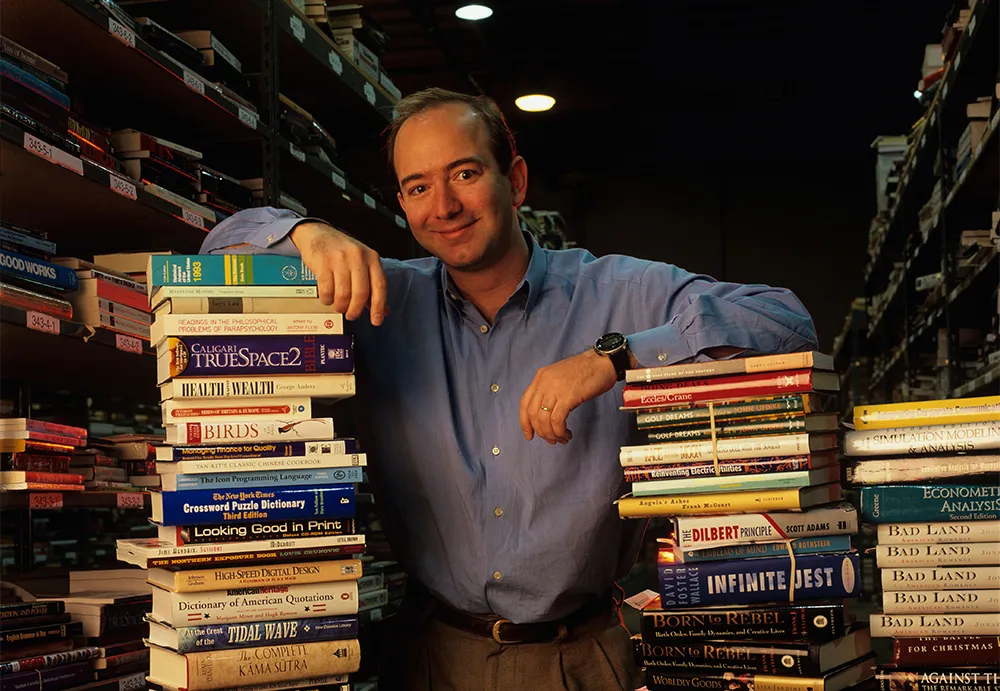
Why Bezos Kept His Salary Small
The key to understanding Bezos’s approach lies in how he built and maintained his wealth. Unlike many executives who rely on large paychecks, Bezos’s fortune is tied to Amazon’s stock value. As the largest individual shareholder of Amazon, Bezos saw his net worth rise in tandem with the company’s success. At one point, his wealth surged past $200 billion, making him the wealthiest person alive.
This model highlights Bezos’s philosophy: long-term ownership over short-term income. By keeping his salary small and focusing on growing the value of Amazon, Bezos aligned his own financial success with the company’s performance. If Amazon thrived, so did he.
Moreover, the small salary also served as a symbolic gesture of frugality, a quality Bezos often emphasized within Amazon’s corporate culture. The company was notorious for its “Day One” philosophy, where employees were expected to think and act like a scrappy startup, regardless of its size. Bezos’s own modest paycheck was a way to reinforce that ethos.
The Perks Beyond Salary
While Bezos’s cash salary may have been small, it doesn’t mean he lived like a regular salaried employee. His compensation package included perks worth millions, especially in terms of security costs and travel allowances. Reports suggest that Amazon spent over $1.6 million annually on security for Bezos alone, covering everything from personal protection to home safety.
This disparity—small salary, but high perks—reveals a subtle truth: Bezos never needed a huge paycheck because his wealth came primarily from stock ownership. At the same time, Amazon’s board recognized the unique risks that came with being the face of one of the world’s most disruptive companies, hence the need for high security.
Public Perception: Humility or Hypocrisy?
Bezos’s decision to take a small salary has been met with mixed reactions. Supporters often praise him for his restraint, arguing that he demonstrates humility in a world where corporate executives demand excessive pay. They see it as proof that Bezos built Amazon not for personal enrichment but for the long-term growth of the company.
Critics, however, are quick to point out that this narrative of humility can be misleading. After all, Bezos’s true wealth lies in Amazon’s stock, which appreciated massively during his leadership. Some argue that boasting about a small salary while controlling billions in equity is more of a public relations tactic than genuine modesty. To his detractors, it underscores the vast inequality of wealth distribution, where billionaires can claim “low pay” while still controlling fortunes larger than the GDP of entire nations.
Comparisons with Other Tech Leaders
To put Bezos’s compensation into context, it’s worth comparing him with his peers:
-
Elon Musk: Musk famously takes no salary at Tesla. Instead, his compensation is tied entirely to stock performance, with milestones worth billions. This has made him one of the richest men in the world, often trading places with Bezos at the top of the wealth rankings.
-
Mark Zuckerberg: The Meta (formerly Facebook) CEO also takes a $1 salary, with his wealth tied to stock holdings. Like Bezos, Zuckerberg benefits more from his company’s market performance than his paycheck.
-
Tim Cook: Apple’s CEO earns a much larger salary than Bezos ever did, often exceeding $15 million annually, not including stock-based compensation.
-
Sundar Pichai: The Google CEO regularly receives packages worth tens of millions, reflecting a more traditional executive compensation model.
Bezos’s relatively small salary therefore stands out, but it aligns with the broader trend among tech founders, who prioritize stock value over salary.
Bezos After Stepping Down as CEO
In 2021, Bezos stepped down as CEO of Amazon, handing the reins to Andy Jassy. While Bezos no longer collects his modest CEO salary, his wealth continues to soar thanks to his Amazon shares and other ventures, including Blue Origin, his aerospace company.
Bezos now spends much of his time focusing on new projects, philanthropy, and personal endeavors. From his climate initiatives to his luxury superyacht sightings, Bezos’s lifestyle shows that his small Amazon salary never limited his ability to live as one of the most powerful and influential billionaires in history.
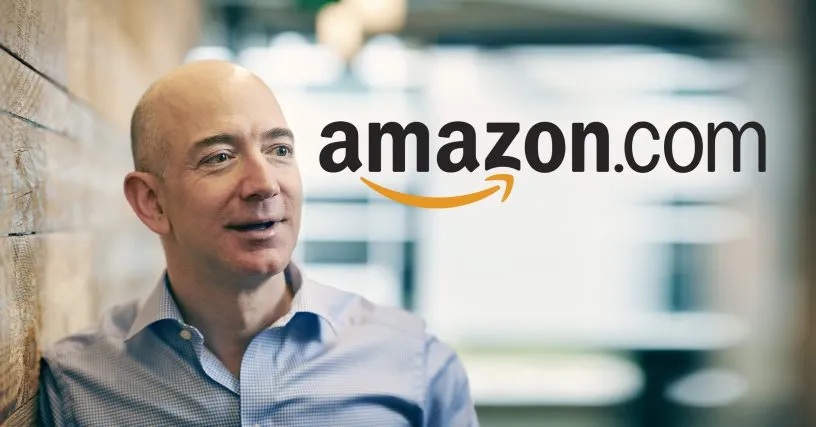
Symbolism of the Small Salary
Ultimately, Bezos’s decision to keep his Amazon salary small was less about personal sacrifice and more about symbolism. It reinforced his ownership-driven philosophy, supported Amazon’s frugal image, and differentiated him from other high-paid executives. At the same time, it allowed him to shape his public persona as a visionary rather than a profiteer.
However, the boast about his modest pay also serves as a reminder of the complex realities of wealth inequality. While Bezos could afford to take home less than $100,000 a year, it was only because his wealth in Amazon shares exceeded anything a paycheck could ever match. For ordinary workers, a salary is their livelihood; for Bezos, it was simply a footnote in the story of his empire.
Conclusion
Despite being a billionaire, Jeff Bezos has always emphasized his small Amazon salary as a point of pride. On the surface, it reflects humility and focus on long-term growth. In reality, it highlights the profound power of stock ownership and the massive wealth that can come from building a world-changing company. Bezos’s salary may have been small, but his influence and fortune remain unmatched, making him one of the most fascinating figures in modern capitalism.








